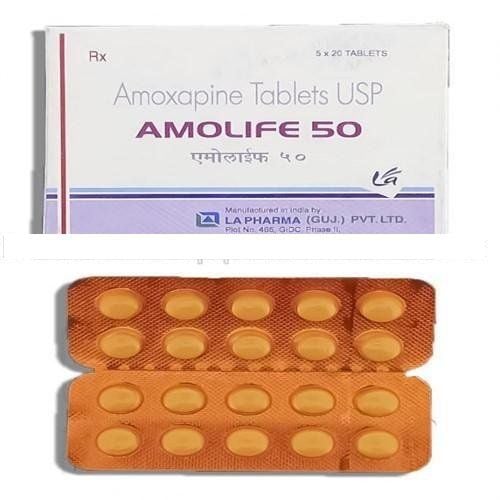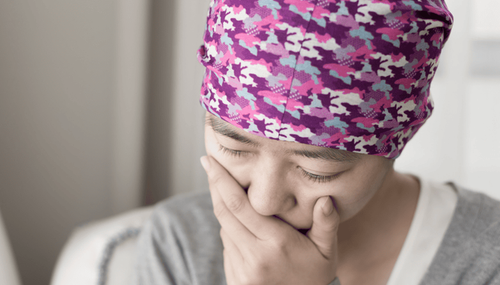This is an automatically translated article.
When newly diagnosed with cancer, patients should ask their doctors how much time they have to make decisions about their treatment options and to begin cancer treatment.1. What do I do when I find out I have cancer?
1.1. In most cases, patients with cancer need a little more time to research, consult, and even discuss their treatment regimen to make the best decision. .
Many people find it difficult to talk to doctors, because the topic of cancer always contains many complex technical languages. Both the patient and the doctor have difficulty exchanging medical information, which makes the communication process ineffective.
Dr. Ann O'Mara - Head of Palliative Care Research in the Division of Cancer Prevention of the National Cancer Institute (NCI) said:
"Communicating openly is always an important key in the doctor-patient relationship, both helping patients get more useful information, and helping doctors better understand their patients' feelings."

Bệnh nhân nên trao đổi tình trạng với bác sĩ một cách cởi mở hơn
1.2. Know your symptoms Patients with cancer should record their symptoms in a notebook. Ask yourself questions and answers to test your knowledge about the cancer you have:
What is the exact name of the cancer you have? – For example: stomach cancer What stage is your cancer? – Example stage 3A. What do we know about this disease to make treatment decisions? – For example biomarker or 1.3. Know the risks of treatments Patients with cancer need to find answers to the following questions:
What side effects does this treatment have and can these effects be prevented or controlled? control how? How will this therapy be administered? How long is the treatment? 1.4. Consult with other professionals Every patient with cancer has the right to ask and consider and consult with other professionals. The treating physician also expects the patient to do the same. Often, people consult a treatment center doctor or other medical professional to seek more care and learn new information about their cancer. right.
1.5. Visiting the doctor with a friend or loved one A relative or friend can help a patient with cancer listen, jot down important things, ask the necessary questions, and also help keep them motivated to continue their treatment. . If there are people around to accompany, the spirit is also more comfortable when suffering alone.
Talk to close friends and family about your problem, they will help and support you through the difficult period mentally. Talk to your closest friends or family first. Then, make a list of people you can trust to talk to.
1.6. Financial preparation for long-term treatment Patients should consult a financial or social counselor for doctor's bills, hospital fees, surgery costs, cancer treatment costs, and medical expenses. medications and other supportive care services. You should consider where the treatment is most effective with the cancer you have and in accordance with the family's economic conditions as well as problems related to health insurance.
When diagnosed with cancer, patients will not fall into a state of depression if the above tips are followed. We all inevitably get sick at some point in our lives. Therefore, it is necessary to maintain a positive attitude to life combined with serious treatment to be able to recover quickly.

Bệnh nhân ung thư rất cần sự chia sẻ về mặt tinh thần
2. What to do when you know a loved one has cancer?
2.1. Respecting the patient During the treatment process, having cancer can make the patient thin, pale, hair, eyebrows fall... However, the family should not be too worried because now There are methods to help cancer patients stay healthy by wearing wigs, lipsticks, brows...
Also, families should not change their clothes, diapers or bed sheets while they are pregnant. many people visit. Although cancer patients are spending the last days in a coma, when they want to talk about their cancer patient's condition, the family should go out of the room, avoid standing at the hospital bed to discuss, especially there are criticisms for not paying attention to their own health.
2.2. Allow yourself to grieve When a cancer patient leaves, accepting the absence and working through the pain can be difficult and never-ending. Allow yourself to express your feelings, don't try to suffer because it will make you more tired. Everyone has a different way of healing their wounds. Time will help the family to ease this pain but need to be slow and gentle with yourself because there is no way that can help you get over the pain quickly.
2.3. Don't create false hope Families don't let cancer patients know their cancer diagnosis results because they don't want their loved ones to grieve, think hopelessly... Families lie and refuse to let their loved ones know their status his real illness.
However, cancer patients may be able to predict the disease when they notice unusual symptoms such as bleeding, pain... When knowing the truth, cancer patients will become more frustrated and make wrong decisions, such as running away from home, committing suicide... Instead, let the family face the disease with the cancer patient and learn to accept the truth together.
3. Address for psychological health check-up for patients with cancer

Bệnh viện Đa khoa Quốc tế Vinmec Times City
Psychological Clinic - Vinmec International General Hospital officially came into operation in April 2019, has the function of examining, consulting and outpatient treatment of psychological problems and psychological health. With modern equipment, Vinmec Psychological Health Clinic is currently cooperating with experienced professors and experts:
MSc. Doctor Nguyen Van Phi - Psychologist, Vinmec Times City International Hospital: with 7 years of experience working as a lecturer in Psychiatry - Hanoi Medical University, Doctor Psychiatrist at Hanoi Medical University Hospital & Central Geriatric Hospital, and a member of the Vietnam Psychiatric Association. MSc. Dr. Pham Thanh Luan - Psychiatrist, Vinmec Times City International Hospital: with 5 years of experience in research and treatment of Psychiatric diseases, trained at prestigious universities professional practice in the French Republic. MSc. Doctor Nguyen Trong Hien - Psychiatrist, Vinmec Times City International Hospital: with 6 years as a lecturer in the Department of Psychiatry - Hanoi Medical University and Central Geriatric Hospital, together with Dr. Experience in research and treatment of diseases in Psychiatry such as: Emotional disorders, stress related disorders and body dysmorphic disorders, developmental disorders in children, adolescents & childbirth .... Along with the combination of implementing psychological tests, intensive psychotherapy for diagnosis and treatment, in order to bring the best medical examination and treatment effect.
Please dial HOTLINE for more information or register for an appointment HERE. Download MyVinmec app to make appointments faster and to manage your bookings easily.













